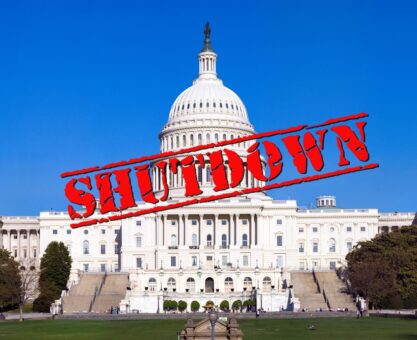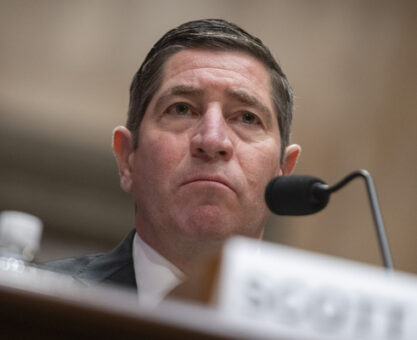A recent wave of federal employee terminations may have violated laws designed to ensure fairness during hiring and layoffs, according to legal experts. Lawyers representing a group of fired probationary workers have filed a complaint with the Office of the Special Counsel (OSC), seeking to halt the dismissals and reinstate affected employees while an investigation takes place. OSC is responsible for investigating prohibited personnel practices in the federal government.
Hampton Dellinger, the head of the OSC was fired by the Trump Administration on February, 7th. Dellinger filed suit and on February 14, U.S. District Judge Amy Berman Jackson issued a temporary restraining order that reinstated Dellinger for 14 days. President Trump has now appealed to the Supreme Court to intervene in the case.
Probationary employees—typically within their first year on the job—have fewer job protections than permanent workers. However, federal law requires that they be evaluated individually based on performance, rather than dismissed en masse. The complaint, filed by Democracy Forward and the Alden Law Group, argues that these terminations were indiscriminate and therefore unlawful. Alden Law Group is actively gathering information to share with OSC, follow this link if you are an affected employee and would like to participate.
Several federal agencies, including the Departments of Education, Agriculture, and Transportation, cited performance issues in termination letters, despite probationary employees asserting they had strong work records and positive reviews. Federal workers generally have extensive protections stemming from an 1883 law aimed at preventing political patronage in government hiring.
Melanie Stratton, a former attorney for the Department of Labor, noted that the mass layoffs may have ignored due process rules. She suggested that the Trump administration appears to be bypassing regulations governing federal employment protections.
The complaint also references a law requiring the government to provide 60 days’ notice before large-scale workforce reductions, as well as individual notice to affected employees. However, President Donald Trump’s executive order directing agencies to prepare for major workforce reductions was signed on February 11. Several legal experts have also suggested that the administration’s actions are equivalent to a broad reduction in force (RIF), but without following proper regulations.
Federal employees navigating these uncertain times should be proactive. Keep detailed documentation, download a copy of your eOPF, stay in contact with your union representatives, and understand your benefits and rights. A free consultation with a Federal Retirement Consultant® can provide clarity and help prepare you for whatever comes next.


























